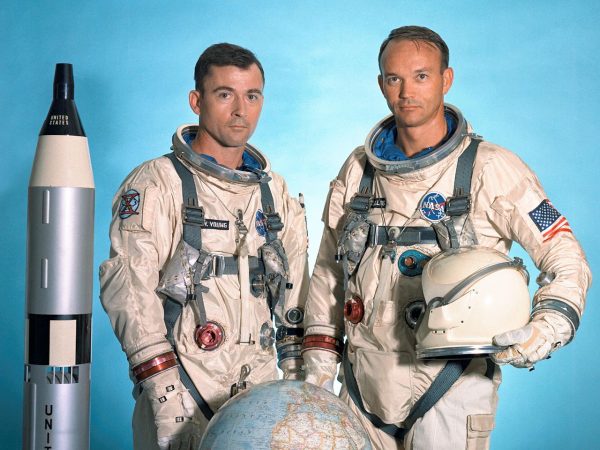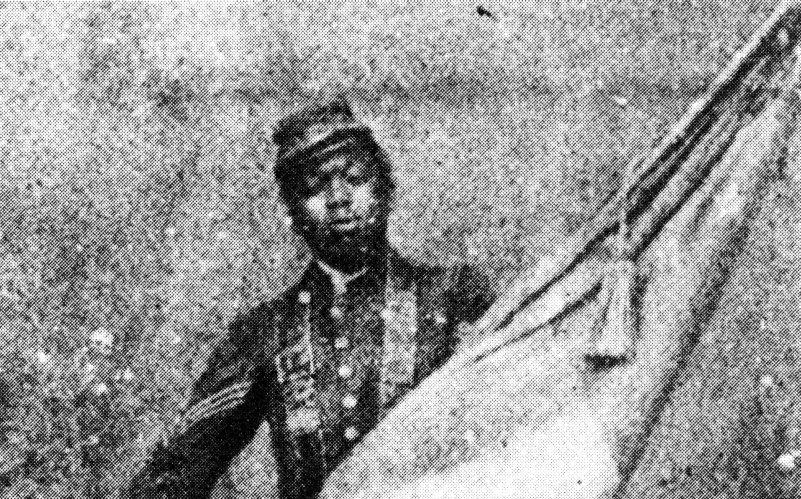July 18 in U.S. military history
1863: At 7:45 p.m., Union soldiers led by Brig. Gen. Truman Seymore launch a second attack against Battery Wagner, in Charleston (S.C.) Harbor. Spearheading the attack is Col. Robert G. Shaw’s all-black 54th Massachusetts Infantry Regiment (portrayed in the 1989 film GLORY). Shaw’s regiment reaches the fortification walls, fighting hand-to-hand until they are driven back by devastating fire. The Confederates inflict 1,500 casualties on the attackers, killing several of the top Union officers, including Shaw. During the battle, Sgt. William H. Carney (featured image) becomes the first African-American soldier awarded the Medal of Honor.
1918: When Marine Corps Sgt. Matej Kocak’s battalion is stopped by a German machinegun during the Meuse-Argonne Offensive, Kocak single-handedly advances on the enemy position. He charges forward under fire and drives off the Germans with his bayonet. Later that day, he organized a unit of French colonial soldiers and led a successful attack against another German machinegun emplacement. Kocak will die a few weeks after his heroic actions, but is posthumously awarded both the Army and Navy Medals of Honor.
Another Marine earned both versions of the Medal of Honor on this date. When an enemy machinegun position targets his unit, Gunnery Sgt. Louis Cukela crawls forward until he is behind the nest. He then springs up and charges the Germans, killing and driving off several with his bayonet. Using captured grenades, he kills or captures those that remained behind.
That same day near Belleau, France, a German machinegun opens up on Army Private First Class George Dilboy and his platoon leader as the Americans are conducting reconnaissance. Despite the position being only 100 yards away, Dilboy stands up and fires at the enemy gun crew, then moves through a wheat field until he is 25 yards away. He fires again, and is torn to pieces by the enemy gunners. Dilboy manages to silence the gun, but is killed in the process. For heroism and valor that American Expeditionary Force commander Gen. John J. Pershing refers to as “super-human,” Dilboy is awarded the Medal of Honor.
Interestingly, all three Medal of Honor recipients are natives of the Central Powers: Kocak and Cukela are from Austria-Hungary (Slovakia and Croatia, respectively), and Dilboy is from the Ottoman Empire.
1943: Naval airship K-34, a K-class patrol blimp, spots the German U-boat U-134 off the Florida coast. Under cover of darkness, the airship approaches the surfaced sub undetected, then opens fire with its .50-cal machine guns. But when it passes overhead and attempts to finish off the U-boat with depth charges, the ordinance fails to release. U-134 shoots down the blimp, marking the only airship lost to combat during World War II. Nine of the ten crewmembers are rescued the following day.
1966: John W. Young, Naval aviator and veteran of the Korean War, and Air Force pilot Michael Collins blast off on Gemini 10 mission. The astronauts will perform a “space walk” and rendezvous with the abandoned Agena capsule left in orbit from Gemini 8.

